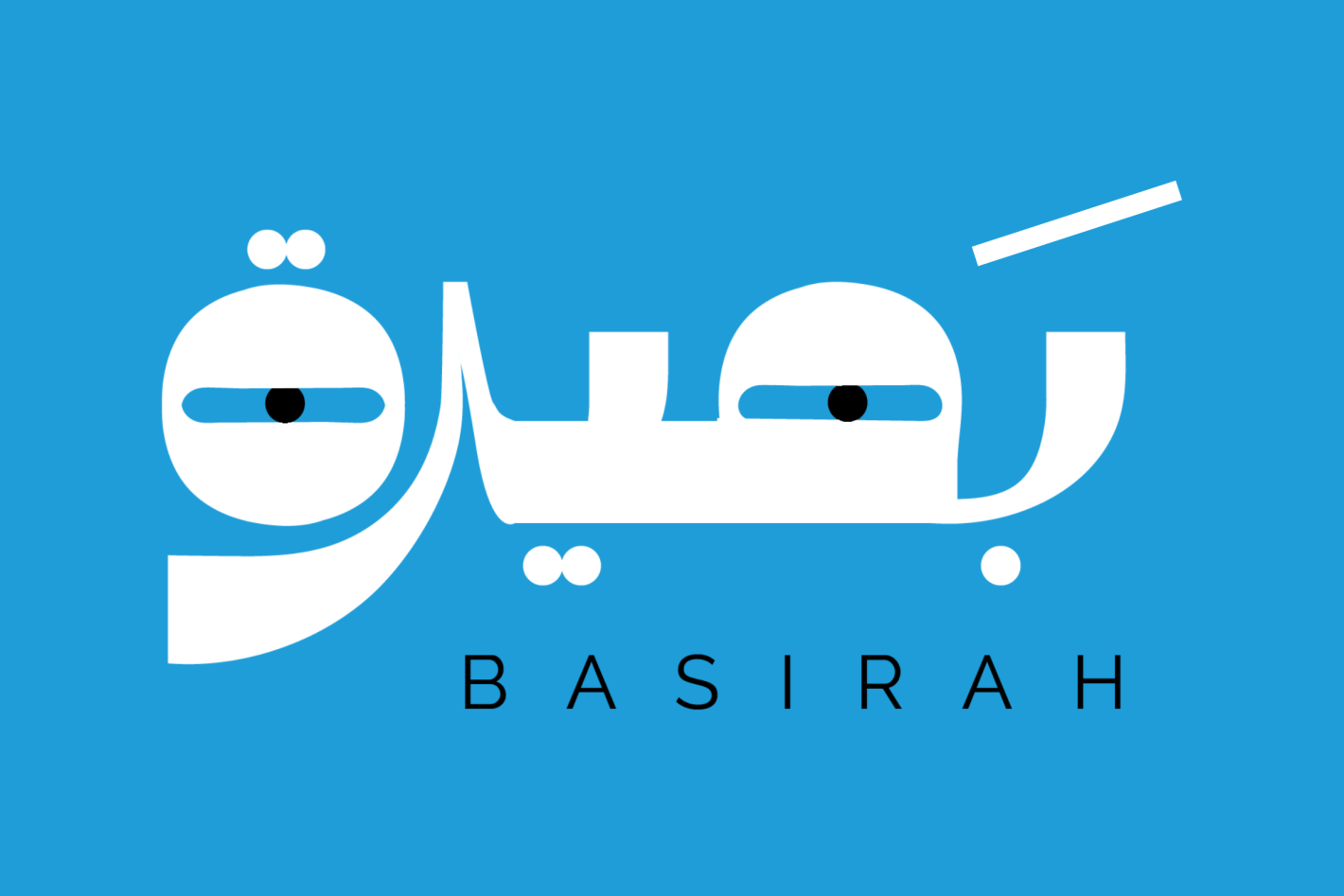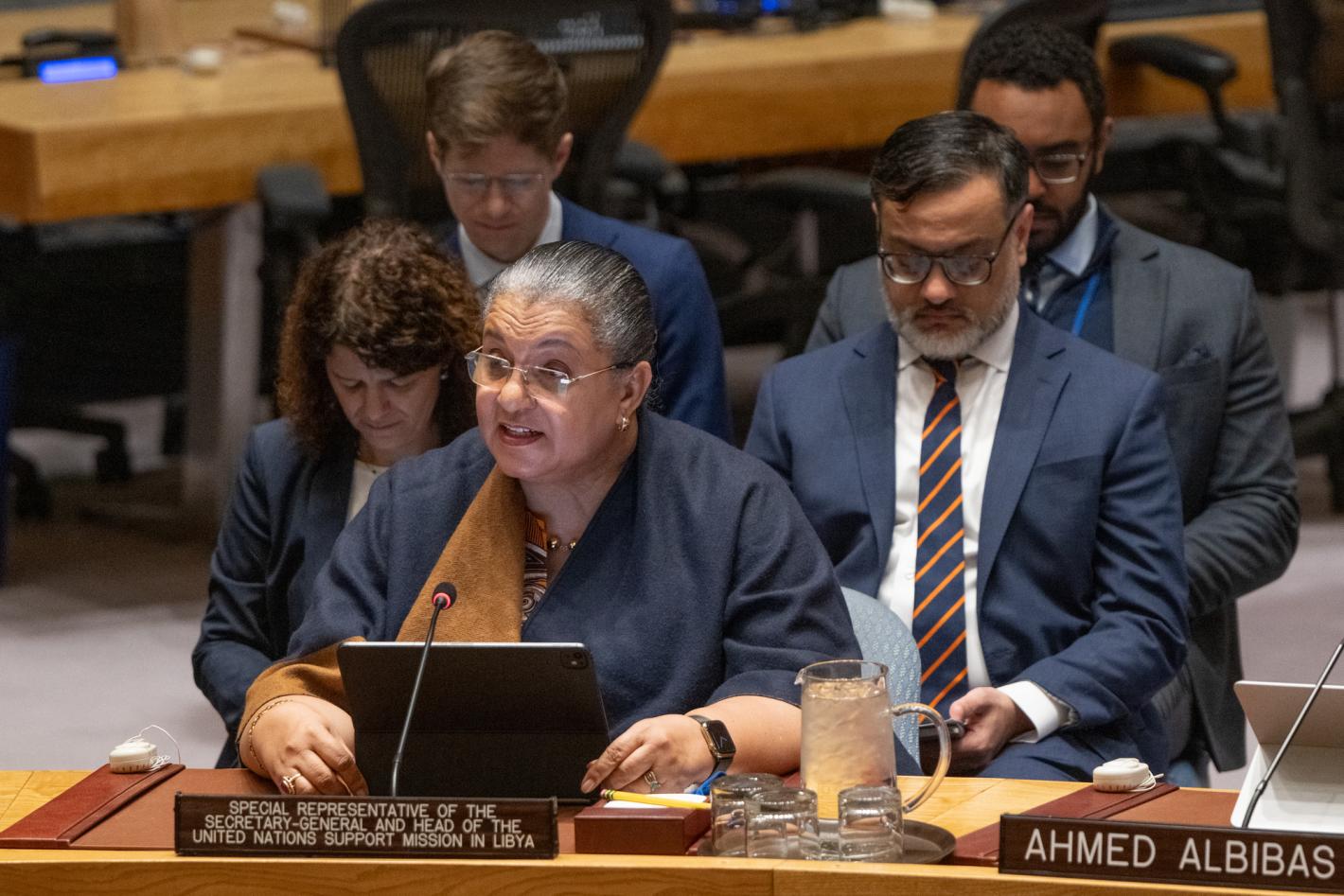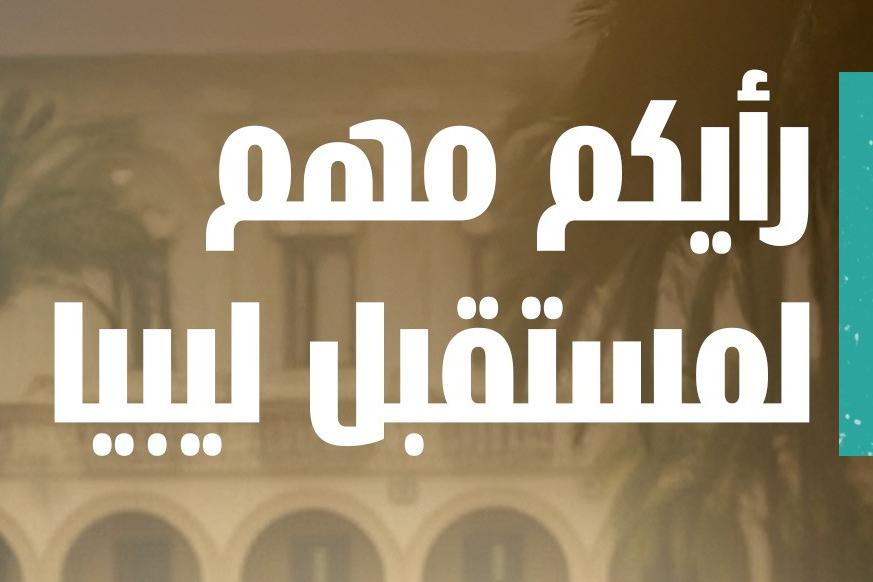يواجه الطلبة صعوبات في إكمال دراستهم بسبب نقص التجهيزات وإضرابات المعلمين والمناهج القديمة وانقطاع التيار الكهربائي، وذلك وفق ما أفاد به ممثلون عن الاتحاد العام لطلبة ليبيا عند لقائهم بفريق حقوق الإنسان التابع لبعثة الأمم المتحدة للدعم في ليبيا الأسبوع الماضي.
وقال مصعب قصيبات، رئيس الاتحاد العام لطلبة ليبيا، " خلال العامين الماضيين، لم يمر فصل دراسي واحد دون أن تتوقف فيه دراستي في كلية طب الأسنان، جامعة مصراتة، بسبب مشاكل من قبيل الإضرابات أو انقطاع الكهرباء" .
وأشار في توضيحه إلى أن الحكومة لا تناقش هذه القضايا ولا نية لديها في تحسين هذا الوضع، وأضاف قائلاً: "ينبغي أن يكون الطلبة في صميم النظام التعليمي، الأمر الغائب كلياً في ليبيا".
وأضاف محمد المطردي، مدير مشاريع في الاتحاد، أنه على الرغم من نشاط اتحاد الطلبة المتواصل لأكثر من 50 عاماً، إلا أن المجتمع الدولي قد أخفق سابقاً في التواصل معهم بشكل مباشر. وأضاف طالب تكنولوجيا المعلومات بجامعة مصراتة: "إننا بحاجة إلى تنسيق أفضل يركز على الاحتياجات الفعلية للطلبة، فنحن نعلم التحديات والاحتياجات المحلية للطلبة في جميع أنحاء ليبيا".
ويأتي هذا الاجتماع في إطار سلسلة من الحوارات الشاملة التي يجريها فريق حقوق الإنسان في بعثة الأمم المتحدة للدعم في ليبيا لحصر التحديات والتوصيات التي يطرحها الناس في ليبيا، حيث سيتم بعد ذلك عرضها على الحكومة والمجتمع الدولي لضمان محورية موضوع حقوق الإنسان في العملية السياسية.
وقد التقى الفريق على مدار العام الماضي بأكثر من 140 رجلاً وامرأةً من المجتمع المدني والأوساط الأكاديمية والخبراء والعمال والمسؤولين في الحكومة ومناصري حقوق الإنسان والجهات القضائية الفاعلة للتعرف إلى آراء الليبيين الذين لا تُسمع أصواتهم في الغالب في الحوار السياسي.
وأضاف أعضاء الاتحاد إن نقص الكهرباء وعدم توفر الكتب والمنهج الدراسي الذي عفا عليه الزمن وضعف رواتب المعلمين الذين يضربون عن العمل مطالبين بزيادة في رواتبهم والمباني التي تعاني من ضعف في الصيانة كلها عوامل تؤثر بشكل يومي على الطلبة في ليبيا.
وأشاروا في حديثهم إلى أنهم بحاجة إلى نظام تعليمي يسهم في تطور الطلبة ليكتسبوا المهارات الملائمة للانضمام إلى سوق الأعمال، وليس نظاماً بمناهج قديمة لا تساعد حتى أولئك الذين لديهم إمكانية الوصول إلى التعليم ويكملون دراستهم على اكتساب المهارات الملائمة، داعين إلى تحسين التنسيق بين وزارات التعليم والتخطيط والاقتصاد.
وأشار مصعب موضحاً: "نحن ندرس منهجاً دراسياً وضع عام 1980 وفي مباني تفتقر إلى الحمامات في بعض الأحيان. نحن بحاجة إلى لجنة حكومية تعمل معنا لتحديث المناهج الدراسية لتلبية احتياجات السوق".
هذا وتخطط بعثة الأمم المتحدة للدعم في ليبيا لإجراء حواراً رقمياً مفتوحاً يوم 8 كانون الأول/ ديسمبر 2022 لمعرفة آرائهم بشأن القضايا الرئيسية المتعلقة بحقوق الإنسان. وإذا كان لديكم رأي تودون مشاركته معنا، فيرجى متابعة حسابات وسائل التواصل الاجتماعي الخاصة بالبعثة للتسجيل والمشاركة في الحوار الرقمي.






